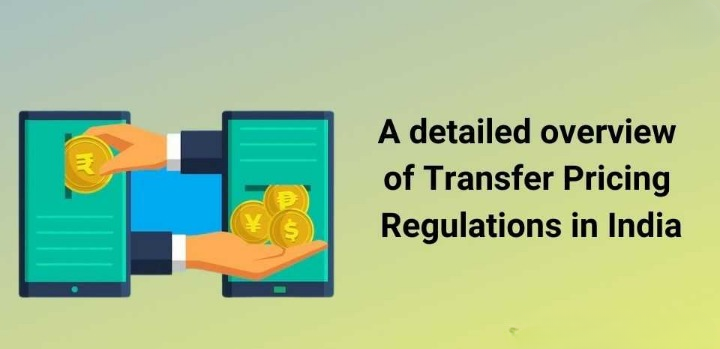By Kash Mansori, WTP Advisors
Posted: March 06, 2015
When Barack Obama met with Prime Minister Narendra Modi in India last week, one of the items discussed was rather unusual for presidential summits: transfer pricing. But it seems that this attention from the highest levels of government may be having results.
First of all, the US and India seem to have reached an agreement on several transfer pricing-related issues, including resolving a huge number of competent authority cases involving the transfer pricing of US firms such as IBM, Cisco, Microsoft, and Yahoo. The Times of India reports:
“NEW DELHI: India and the US have agreed on a “broad framework” for resolving transfer pricing disputes involving America companies, paving the way for increasing business ties between the two countries. Sources said the two sides reached the agreement after several rounds of negotiations…The pact also includes the promise to adhere to bilateral advance pricing arrangements (APAs) which would help US firms determine their tax liability in advance and create certainty on tax issues.”
Over 150 US companies have applied for APAs in India, but these have all been for unilateral APAs, given the absence of a framework to negotiate bilateral APAs between the US and India. So there’s a lot of potential for US firms to dramatically reduce the uncertainty, at least on the tax side, of doing business in India.
Obama and Modi also met with several CEOs to discuss how to improve economic relations between the US and India. During the session, Ajay Banga, CEO of Mastercard, specifically singled out transfer pricing as a major impediment to US firms that want to do business in India. Interestingly, yesterday the White House announced that Mr Banga is being appointed to the Advisory Committee for Trade Policy and Negotiations. This presumably means that transfer pricing will continue to receive attention at a very high level from the US government.
Finally, it’s worth noting that the day after Obama’s visit the Indian government announced that they were going to drop a half-billion dollar transfer pricing case against Vodafone. From the Wall Street Journal:
“The [cabinet’s] decision gives a message to investors,” said India’s telecommunications minister, Ravi Shankar Prasad, after a meeting of the cabinet on Wednesday. “The government—led by Narendra Modi, the prime minister—wants to convey a clear message to investors world over that this is a government where decisions will be fair, transparent and within the four corners of the law.”
Time will tell, but as of now, it appears that the present Indian government has reached the same conclusion as many other observers: India’s tax authorities are hurting the country more than they are helping it. So we could be witnessing the start of a new kind of climate change in India.






Leave a Reply